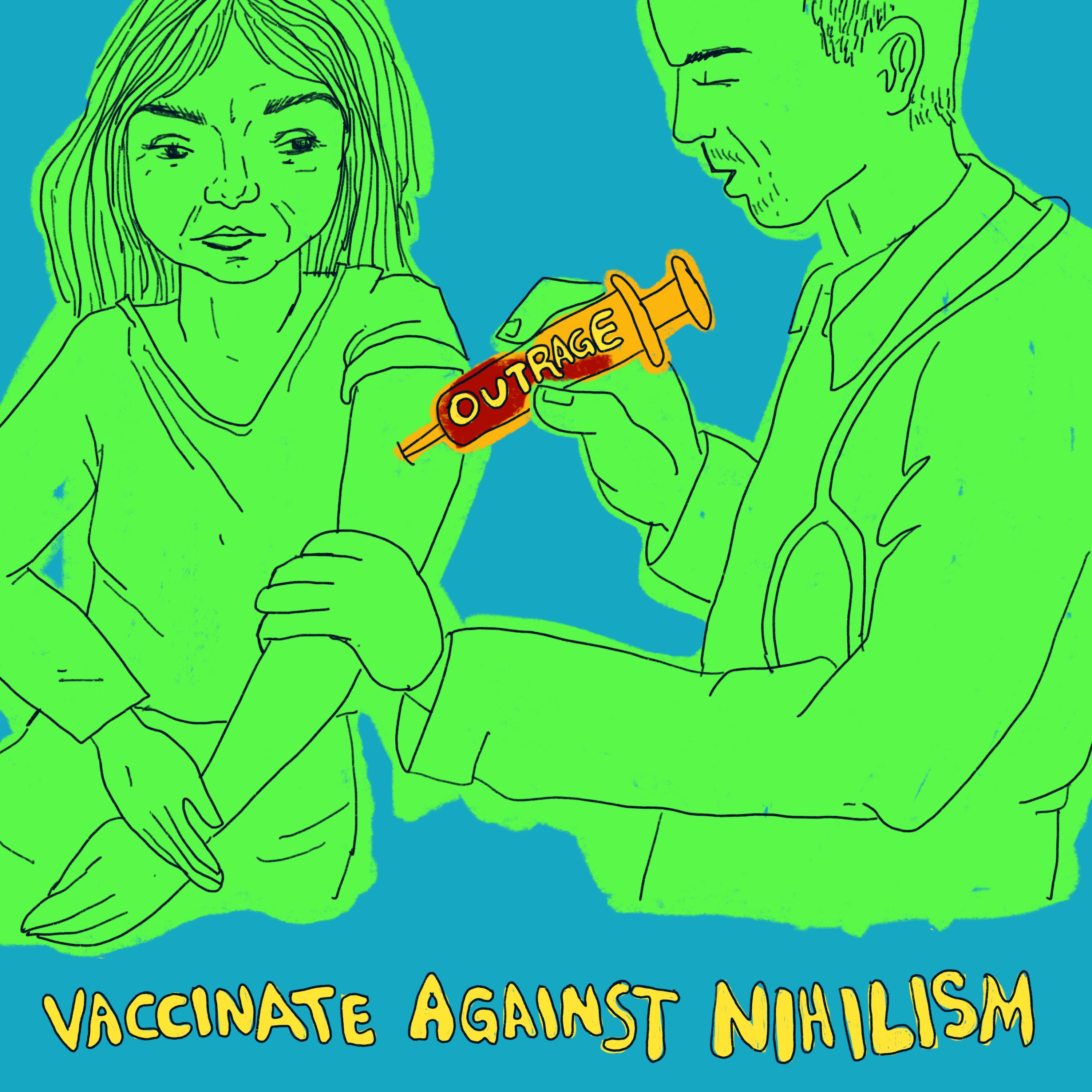When people ask me about my time studying abroad—what it was like, what I learned, how I fit all the puzzle pieces of my experience together—China made me gay.
I was under the impression that I was going to visit a repressed country. And now I can say I know what it’s like to live in a repressed country. A country that teaches its children to be strictly this and strictly that. A country of codes so interwoven, cryptographers go to school for a liberal arts degree and study the humanities. Babies are blue, babies are pink. We don’t cry because we’re men. Our blood is red, white, and blue.
I always wanted to go to China. People ask me why, and I wish I knew so I could tell scholarship committees. I built an image of a country and its history as repressive, cruel, and subordinate to world affairs. No doubt an impression influenced by what I hear on the news every day. In some ways, China is all of these things—I struggled to bypass the Great Firewall, the government can make things (and sometimes people) go away, as well as manipulate history. Some of this is reminiscent of our own government, though I don’t take for granted the kinds of freedom we have. And yet, China made me gay.
Perhaps it was the brocade, introduced in the Warring States period before Qin, the first emperor to unite China in 221 BCE. I wonder if artists were trying to stitch China together in the chaos. Brocade is an important part of Chinese history, and for any dynasty historians can extract meaning and beauty from the royal brocades. Rich, embroidered silk. I remember walking through a modern art museum in Chengdu and witnessing an ancient brocade exhibit. There was something about an electric yellow robe I can’t get out of my mind. It was embroidered with dragons and flaming birds and swirling clouds.
I wonder if Han Emperor Ai admired his brocaded sleeves while he slept with Dong Xian. Legend has it the two men were deeply in love, and when a general awakened Ai for an urgent meeting, he didn’t want to wake Dong Xian. He removed a sword and cut his own sleeves instead of waking him, giving him the gift of sleep. 断袖 “cut sleeves” is a euphemism for gayness in China. It is one story among many that ancient Chinese scholars recorded in long annals about their emperors, and when the scholars died and the dynasties restarted their cycle, time convinced us there was something different about them.
While I was in China, a fire swept through the Columbia River Gorge. I had been passing through the gorge between Portland and my small town in Eastern Oregon all my life. It was strange to feel helpless knowing that a piece of my childhood was burning away. Even though I knew the forest would grow back, and maybe fires are necessary to maintain a forest’s health and stability, it was difficult to reconcile the destruction of something I thought a part of myself. I can remember sitting in my new dorm room, half a world away, thinking about all the time I spent in between, no memory of where I was going or coming from.
This article originally appeared in the print edition of our March 2018, issue.





